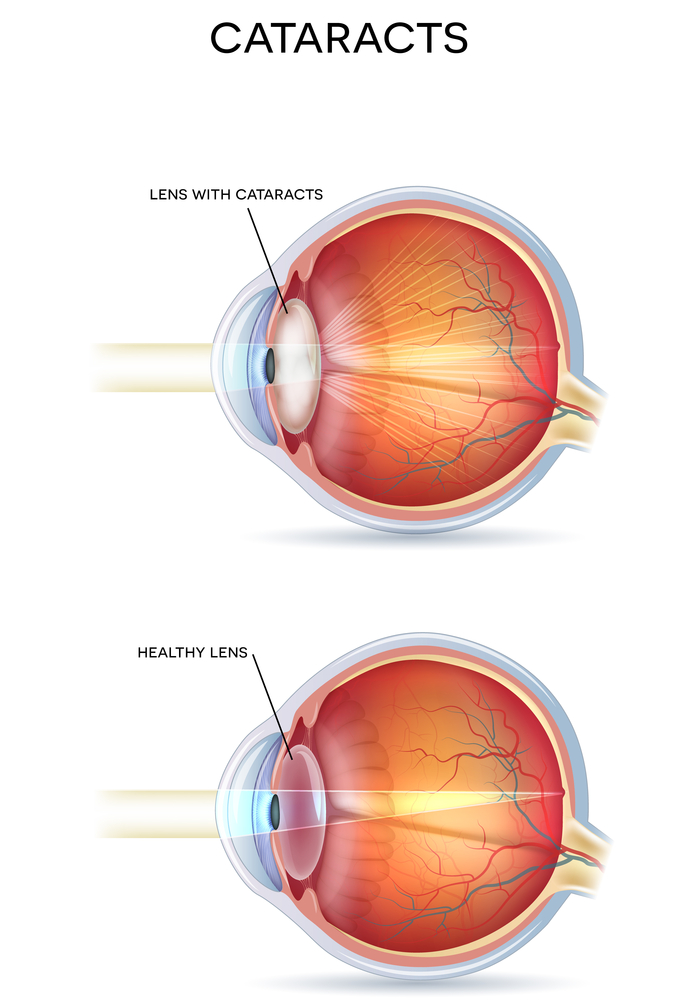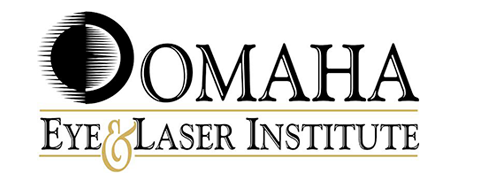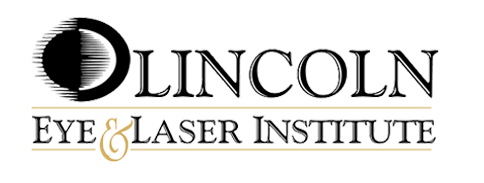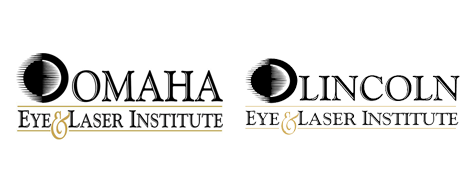Are you considering cataract surgery to restore your vision and remove your cataracts? As with any surgical procedure, it’s understandable to have concerns.
By learning about the procedure beforehand, you can go into your surgery with peace of mind and the information you need for a smooth and successful recovery. Keep reading to find out the answers to 8 common cataract surgery concerns.
What is Cataract Surgery?

Cataract surgery is one of the most common procedures in the world. It is the only surgery that can permanently treat cataracts, a progressive eye condition that causes vision problems, including:
- Cloudy, blurry vision
- Halos and glare around lights
- Light sensitivity
- Difficulty seeing in low-light conditions
- Double vision in one eye
- Needing frequent prescription changes
- Colors appearing duller or faded
While some people are born with cataracts or develop them due to an eye injury, the most common cause is aging. Over time, the proteins within the natural lens of your eye can break down and create clumps that cloud your vision, known as cataracts.
Cataract surgery restores your vision by removing the eye’s natural lens and replacing it with an intraocular lens (IOL). IOLs are clear, artificial lenses that cannot develop cataracts and can correct refractive errors.
Common Cataract Surgery Concerns
If you’re considering cataract surgery, it’s natural to have questions. Here are some of the most common things patients ask about cataract surgery:
1. How Painful is Cataract Surgery?
Cataract surgery is virtually painless, as your eye doctor will apply anesthetic eye drops before beginning the procedure. While you may experience mild discomfort and irritation during the initial healing process, it should fade quickly.
2. Will I Be Awake During Cataract Surgery?
You will be awake during your cataract surgery, but you won’t feel any pain. The procedure takes only around 20 to 30 minutes, and then you can head home to begin recovery.
3. How Long Does it Take to Recover from Cataract Surgery?
While recovery times can vary from patient to patient, you’ll likely be able to return to your regular routine within one to three days. Many patients are cleared to resume work and driving at their first follow-up appointment the day after their procedure.
4. What Happens if I Rub My Eye after Cataract Surgery?
You should take extra care to refrain from rubbing your eye after cataract surgery. As you’re still healing, this could cause irritation and potentially lead to complications that affect the results of your procedure.
Your eye doctor will provide you with a special eye shield to wear at night to prevent accidental eye rubbing. They will also prescribe eye drops that reduce inflammation and prevent infection, which may help soothe any itchiness.
5. Can I Bend Over after Cataract Surgery?
Because bending over can increase the pressure in your eye, you should avoid it as much as possible after cataract surgery. You should also avoid strenuous exercise until your eye doctor clears you.
6. Do I Need to Wear Sunglasses after Cataract Surgery?

You should wear sunglasses with 100% UV protection whenever you’re outside after cataract surgery. This is because your eyes are more sensitive to the sun while they’re healing.
If you choose the Light Adjustable Lens for your IOL, you’ll have to wear a special UV-protective eye shield, whether inside or outside, after cataract surgery. This is because the IOL is sensitive to UV light and may change shape if accidentally exposed.
You can take off the eye shield when showering, washing your face, applying eye drops, or sleeping, but you should be diligent about wearing it at all other times. Once your vision has been finalized with the Light Adjustable Lens, you will be able to take the shield off.
7. Will I Still Need Glasses after Cataract Surgery?
While your cataracts will be removed during cataract surgery, providing you with clearer vision, some patients still need glasses or contacts for certain activities after the procedure. Whether you need visual aids will largely depend on your IOL choice.
If you choose a standard monofocal IOL, your vision will be corrected for one distance. This means you’ll likely need reading glasses for up-close activities.
However, if you choose a premium IOL, you may be able to reduce or eliminate your need for glasses and contacts altogether. The Omaha and Lincoln Eye and Laser Institute offers a great selection of premium IOLs, including the Clearview 3 multifocal IOL, the PanOptix trifocal IOL, the Odyssey multifocal IOL, the Light Adjustable Lens, and toric IOLs.
8. Will Cataract Surgery Last a Lifetime?

The results of cataract surgery are permanent, as cataracts cannot develop on the IOL that replaces your natural lens. You’ll never have to worry about your vision becoming impaired by cataracts again, and you can enjoy clear, unclouded vision for the rest of your life.
However, it is possible for posterior capsular opacification, also called secondary cataracts, to occur as a complication of cataract surgery. This is when cloudy patches develop on the lens capsule due to epithelial cells from the natural lens being left over from cataract surgery.
These cells can accumulate on your lens capsule and cause clouding, similar to cataracts. Luckily, a quick and easy procedure called YAG laser capsulotomy can restore your vision.
During the procedure, your ophthalmologist will make a small hole in the lens capsule with a laser so light can pass through your IOL. Recovery only takes around one day, with minimal side effects.
Do you want to learn more about cataract surgery? Schedule an appointment at The Omaha and Lincoln Eye and Laser Institute in Omaha and Lincoln, NE, today to have all of your questions answered!





